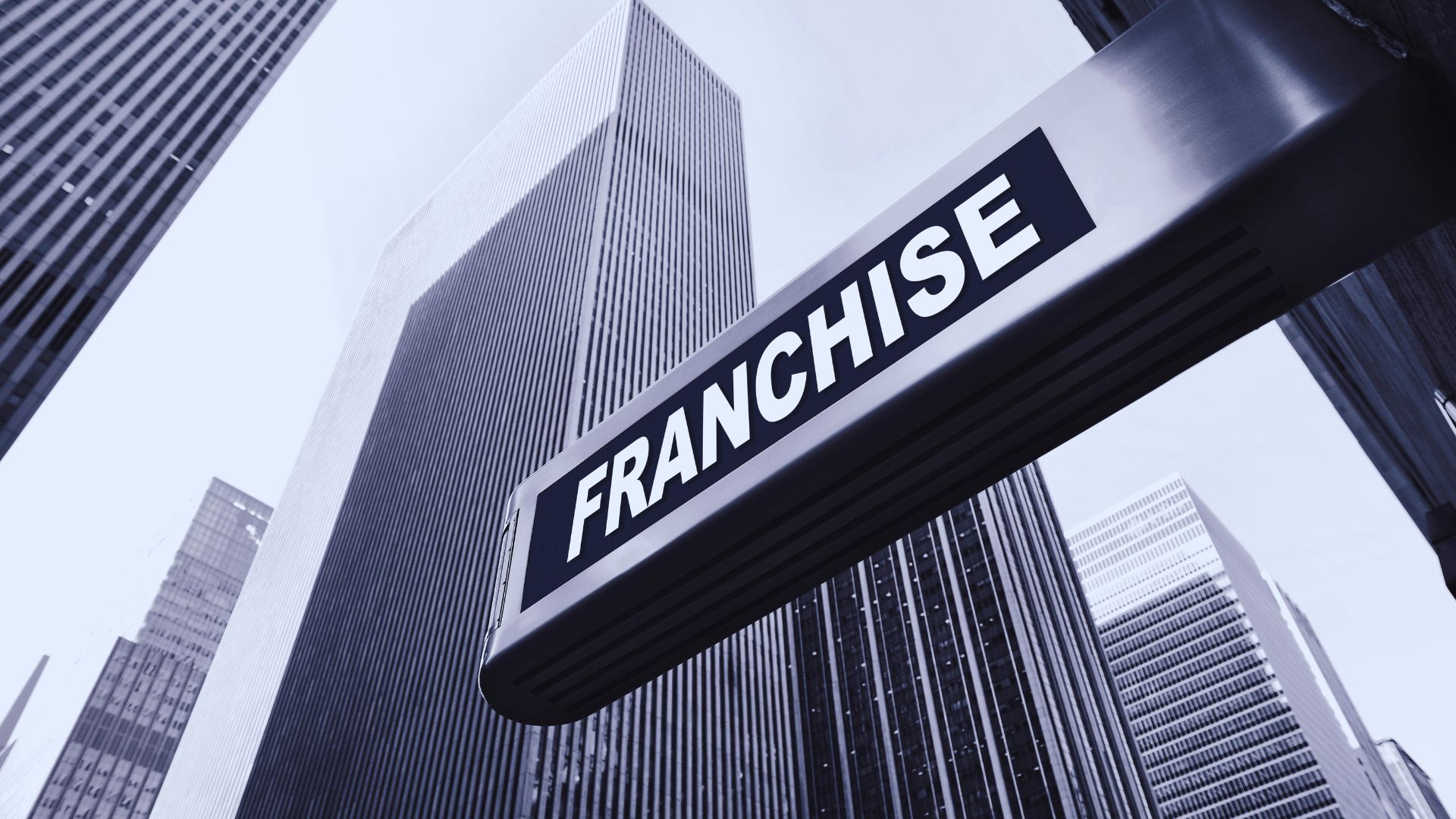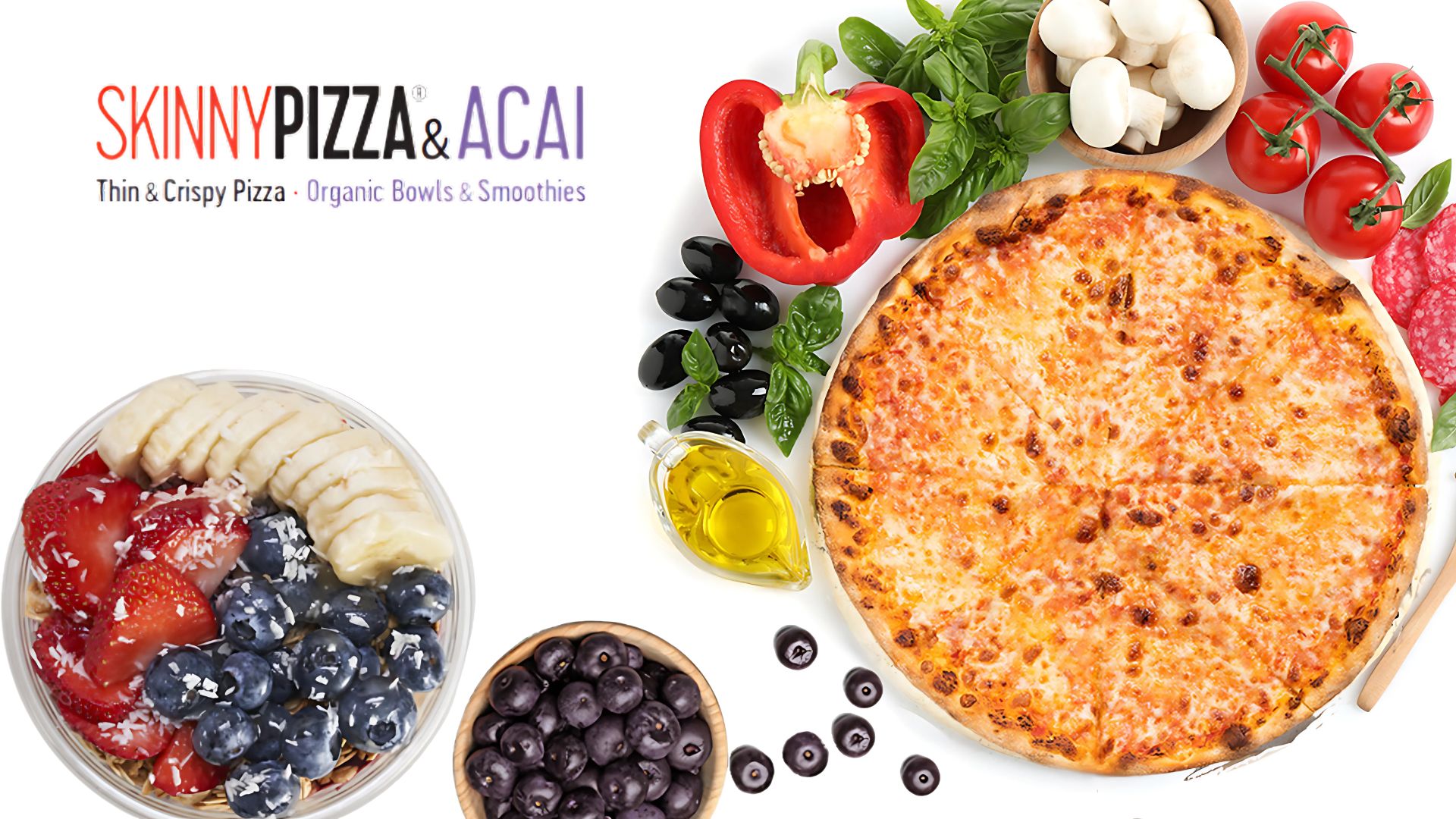Image taken from Bundles of Tumbles
Early childhood gymnastics and dance are more than just fun activities—they’re powerful tools for fostering physical, cognitive, and emotional growth. From improving coordination and flexibility to building social confidence and creativity, these programs lay a strong foundation for lifelong success. Discover how Bundles of Tumbles is leading the way in bringing these transformative experiences directly to communities, helping children thrive in every aspect of their development.
THE BENEFITS OF EARLY CHILDHOOD GYMNASTICS AND DANCE
By Marianne Ecanosti – Founder and CEO, Bundles of Tumbles Franchising
As parents and educators seek to nurture children’s growth and development, gymnastics and dance have become increasingly popular for young children. These activities aren’t merely about learning movements or routines; they offer a holistic approach to physical, cognitive, and social development, creating a foundation that can benefit children throughout their lives.
Physical Development and Health Benefits
One of the most visible benefits of early childhood gymnastics and dance is the improvement in physical health. These activities promote flexibility, balance, strength, and coordination—all essential for young, growing bodies. Gymnastics encourages children to engage their core muscles and improve motor skills, making everyday movements like running, jumping, and climbing more manageable and controlled. Dance, with its variety of movements, allows children to explore different muscle groups and understand their bodies’ capacities and limitations.
Engaging in gymnastics and dance from an early age also instills a love for physical activity, which can lead to a lifelong appreciation for exercise. According to the Centers for Disease Control and Prevention (CDC), establishing regular physical activity in childhood is linked to reduced obesity rates, improved cardiovascular health, and better mental health as children grow older. By introducing children to activities they enjoy, like gymnastics and dance, parents set a strong foundation for a healthy lifestyle.
Cognitive Development and Academic Readiness
Gymnastics and dance can significantly impact cognitive development in young children. Activities in these fields require children to memorize routines, follow sequences, and develop spatial awareness. Studies have shown that physical activities like these enhance brain development by promoting neural connections, particularly in areas responsible for memory, focus, and problem-solving. For example, dance routines often follow patterns, helping children learn to think sequentially and organize thoughts—a skill that translates well to subjects like math and reading.
In addition, gymnastics and dance classes often introduce children to a structured environment, where they must listen, follow instructions, and wait for their turn. This experience helps develop the self-regulation and discipline they will need when they enter school. By honing their concentration and following directions, children become more academically ready, as these skills directly translate to the classroom.
Social and Emotional Growth
Gymnastics and dance classes also offer an excellent environment for children to develop social skills. Group settings introduce children to teamwork and collaboration, as they work together and learn to share space and resources. They also learn essential social cues, such as taking turns, offering encouragement, and respecting others’ achievements.
Moreover, gymnastics and dance allow children to build self-confidence. Successfully learning a new move or routine gives children a sense of accomplishment, encouraging them to set and achieve personal goals. For many children, these classes are their first taste of independence and achievement outside their family setting, which can lead to increased self-esteem. At Bundles of Tumbles, instructors focus on celebrating every child’s progress, creating a positive and supportive environment that helps young learners feel empowered and proud of their achievements.
Enhancing Creativity and Expression
While structured learning is essential, early childhood is also a time to explore and be creative. Dance, in particular, provides children with a unique opportunity to express themselves. Through dance, children learn that movement can be a powerful form of communication, allowing them to convey emotions and stories in a non-verbal way. This creative outlet can be especially beneficial for children who may have difficulty expressing themselves verbally, offering them an alternative form of expression that is both freeing and rewarding.
Gymnastics, too, fosters creativity as children learn to navigate space and experiment with their movements. As they progress, they often find themselves developing their sequences or combining different movements, learning to think creatively within the physical space. Bundles of Tumbles prioritizes nurturing this creativity, understanding that creative expression is vital for children’s emotional well-being and helps them develop unique identities.
Building Resilience and Learning Persistence
Both gymnastics and dance can be challenging, especially as children progress to more complex movements and routines. Learning new skills in these fields requires patience and persistence, teaching children that practice and effort are essential to improvement. Through gymnastics and dance, children learn to embrace challenges, and they experience the rewards that come with perseverance. This resilience can be applied to all areas of life, from academics to relationships, as children grow and encounter new challenges.
Instructors at Bundles of Tumbles emphasize growth over perfection, encouraging children to view mistakes as learning opportunities. This mindset fosters a positive approach to setbacks, helping children understand that persistence is a valuable skill.
Conclusion
Early childhood gymnastics and dance provide benefits that extend well beyond the gym or dance floor. From physical health and cognitive development to emotional resilience and social skills, these activities offer a comprehensive approach to supporting a child’s growth. Programs like those at Bundles of Tumbles provide a nurturing and supportive environment for children to explore, learn, and grow. By investing in these activities, parents give their children a head start in developing skills that will benefit them for a lifetime.
_________________________
About the Author
Marianne Ecanosti is a seasoned dance and gymnastics instructor with over two decades of experience in teaching and program development. Her expertise spans preschool through eighth grade, having worked in various studios, preschools, and local recreation programs. In 2012, Marianne took over Bundles of Tumbles, transforming it into a respected mobile program that brings dance and gymnastics directly to preschools and daycare centers.
Marianne’s passion for dance led her to earn a degree in Dance Arts, after an eight-year hiatus in the corporate world. She has successfully initiated dance recreation programs in New Jersey and collaborated with several area dance studios. Under her leadership, Bundles of Tumbles has expanded its reach, offering classes that foster physical fitness, creativity, and confidence among young children.
In 2021, Marianne’s daughter, Alyssa, joined her in the endeavor to franchise Bundles of Tumbles, aiming to share their successful model with communities beyond New Jersey. Their mission is to provide children with fun and educational experiences through dance and gymnastics, promoting healthy lifestyles and personal growth from an early age.
Sources:
- Bundles of Tumbles Website
- Centers for Disease Control and Prevention (CDC)
- National Association for Sport and Physical Education (NASPE)
- Parents.com
- https://www.parents.com
(Provided insights on the social and emotional benefits of group activities like dance and gymnastics.)
- American Academy of Pediatrics (AAP)
- https://www.aap.org
(Cited studies on childhood development through structured physical activities.)
- Franchise.com – Bundles of Tumbles Listing
- Harvard Medical School – Health Blog
- Psychology Today
- National Dance Education Organization (NDEO)
- https://www.ndeo.org
(Provided insights into how dance fosters creativity and builds confidence in children.)
- Youth Sports Trust
These sources were used to ensure factual accuracy and provide a comprehensive overview of the benefits of early childhood gymnastics and dance.
LEARN MORE HERE
This article was researched, outlined and edited with the support of A.I.










